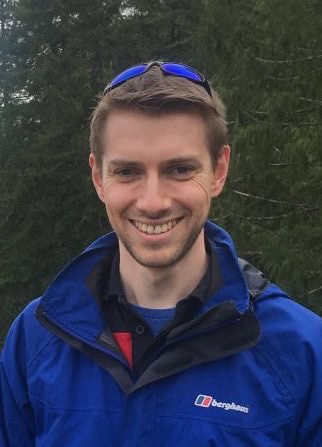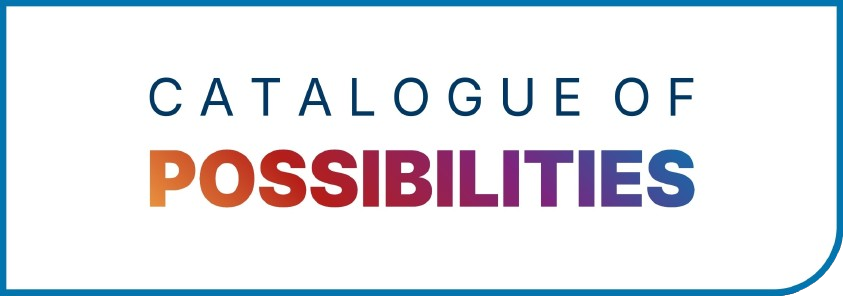Dr William Peveler he/him

Lecturer
Mission Priority Areas
Our research group – the BioNano Sensing group – is typically 1-2 postdoctoral fellows, 3-4 PhDs and 2-3 Masters’ or undergraduate research students, has a focus on synthetic materials chemistry (small molecules and nanomaterials) and the analytical applications of the materials we produce. We aim to take our chemical sensors from bench to point-of-need, and have a particular interest in approaches that utilise arrays of our sensors to perform artificial smelling or tasting of complex mixtures, based on the mammalian method of smell and taste. We have demonstrated our materials in detecting liver disease and bacterial infection, profiling flavour components in aging whisky, and detecting pollutants in water.
We enjoy working from chemistry (as the “central science”) with engineers, medics, physicists, statisticians and computer scientists, and would like to also explore new collaborations with psychologists and biologists to explore taste/olfaction in more detail. Potential projects in the group could involve exploring sensing in new environments, developing new materials and applying them in a real-world ‘challenge’ set with collaborators, or exploring how artificial olfaction can be better aligned with human or animal senses. I am also a graduate of multidisciplinary CDT (social science/engineering/chemistry) and so I appreciate the benefits (and the potential pitfalls) of highly interdisciplinary postgraduate training. As a supervisor I put particular emphasis on developing good practical laboratory skills but also learning to communicate in multiple disciplinary languages to better understand collaborators’ own challenges, and at different levels of technicality for communicating our work to audiences of different backgrounds.
The group have a commitment to equity, diversity and inclusion in our membership. I attempt to maintain an equal gender split within the group, and mentor or supervise a diverse range of researchers (recruiting on skills and interests, rather than background circumstances or identity). Group members are all given an equal voice at weekly group meetings, are encouraged to meet with potential new recruits, are given opportunities to act as a project supervisor in the laboratory, and all have a say in a range of group social activities organised across the year to suit (we have tended particularly towards cooking, eating, sports, pets and quizzing over the years…). Graduates from the BioNano Sensing group have gone on to further research in academia and industry (materials, medical diagnostics, food science) as well as science communication and outreach.

